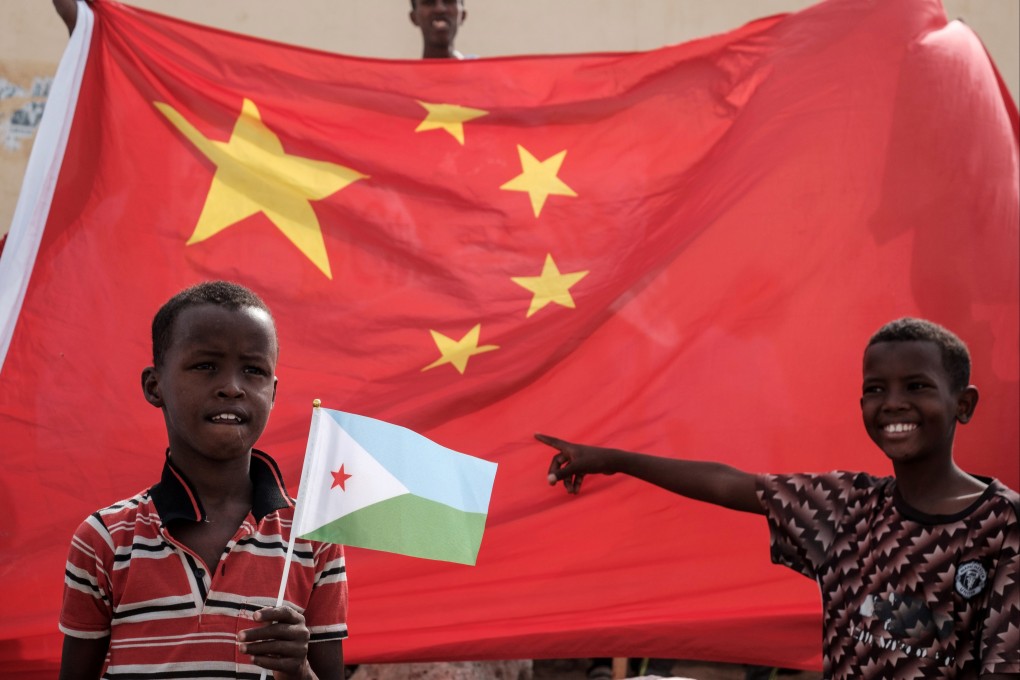Advertisement
China, IMF bailouts for poorer states ease bearish sentiment towards emerging markets
- The IMF is finalising loans to countries like Pakistan and Sri Lanka, while China is offering debt relief to 17 African countries
- Their distress sagas are being recast as turnaround stories, enabling investors to dip a cautious toe back into their assets
Reading Time:2 minutes
Why you can trust SCMP
1

It may be too early to turn bullish on emerging markets – but a raft of bailouts pledged by the IMF and China has some investors deciding it is also too risky to stay bearish.
Over the past two weeks, the International Monetary Fund has been sewing up or inching towards loan agreements with Pakistan, Sri Lanka, Zambia, Egypt and Chile. Meanwhile, China is overcoming its own reticence to offer debt relief, saying it will forgive the liabilities of 17 African countries and redirect its own IMF reserves to the continent’s aid.
The fund’s support has dramatically changed the odds for poorer states where a wave of debt defaults looked inevitable. Now, their distress sagas are being recast as turnaround stories, enabling investors to dip a cautious toe back into their assets.
Advertisement
“We’ve seen a rebound in emerging-market dollar bonds as the IMF appears to be turning increasingly responsive to the difficulties faced by frontier emerging markets,” said Aninda Mitra, head of Asia macro and investment strategy at BNY Mellon Investment Management in Singapore. “This is helping some investors turn more neutral on emerging markets from a very bearish view.”
This year’s sell-off in emerging-market dollar debt has been so sharp that it dwarfs losses made during the 2008 financial crisis. A Bloomberg gauge of the bonds has slumped more than 16 per cent, heading for its worst year on record. Its 10 biggest losers are all countries that have defaulted or are struggling to repay debt.
Advertisement
Advertisement
Select Voice
Select Speed
1.00x
